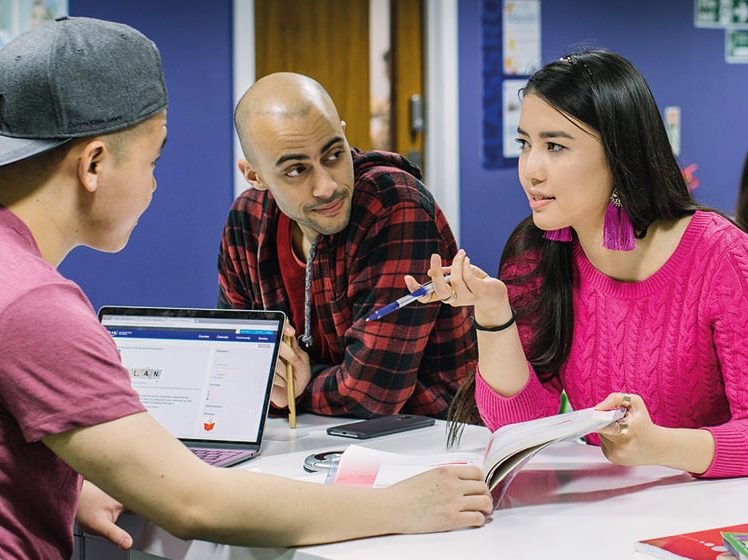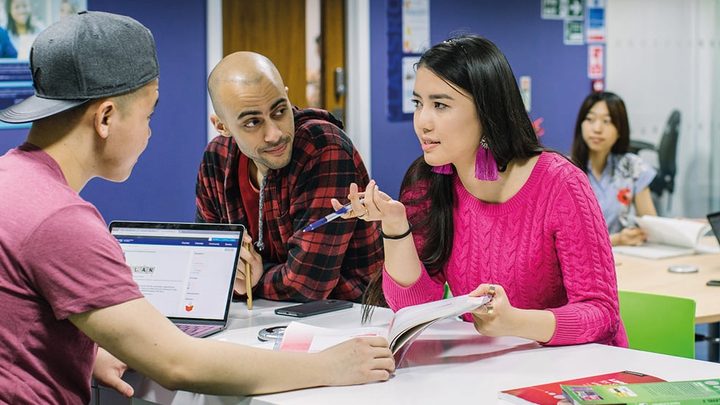If you think homework is the only way you can learn outside of the classroom, think again! Your learning journey doesn’t have to end when you wave goodbye to your teacher at the end of class. There are some simple steps you can take to improve your English, and have fun. Yes, fun!
Try including these 5 learning strategies into your daily routine, and see how much your English language improves.
1. Watch TED Talks
Signing up to TED Talks will help you develop your listening and concentration skills, as well as help you develop your vocabulary range. As there are so many TED Talk topics to choose from, why not focus on an area that interests you, or choose a subject that relates directly to your pathway course? Technology, Media Studies, Business and Finance – Ted Talks really do cover them all!
(Top tip!)
Subscribe and have TED Talks sent directly to you daily.
2. Read about your favourite topics
Reading is one of the best ways to help you improve your English, and again, choosing the topics to suit your interests is a great way to engage with what you’re reading. Why not download a news app on your phone, and tailor your reading to your favourite topics, like sport, travel, film, food or fashion!
(Top tip!)
Reading out loud can help you improve your pronunciation and confidence when speaking English.


3. Use a vocabulary notebook
Learning new vocabulary through TED Talks and the news is great, but what do you do with those new words once you’ve read and heard them? Having a vocabulary note book might sound basic, but students who note down new words daily are much more likely to remember and, more importantly, use them!
(Top tip!)
Don’t just write down the translation of a new word. Find the definition in English, learn the different forms of the word, check the pronunciation and then… use it! Learning 10 new words a day is a good number — realistic goals are best!
4. Enjoy songs and films
What better way to learn outside the classroom than singing along to a great song or watching an action-packed film! And yes, it really does work! If you actively listen to music, check lyrics and even sing, you’ll boost your language range and improve your pronunciation.
Of course, watching a film in English is also great listening practice, and using subtitles some of the time might help you pay attention to language structures too.
(Top tip!)
Don’t forget to note down those new words in your vocabulary book!
5. Keep talking
Try to find any opportunity to speak English whenever you can. You might think it obvious, but talking in English, especially with other nationalities and native speakers, will help build your confidence and flex those pronunciation muscles!
Find other people who want to practise their English too and create a conversation club. You might even make a few new friends!
(Top tip!)
Don’t be scared of making mistakes — that’s how you learn. Just try to correct your errors and keep talking. If you forget a word you want to say, try explaining it in a different way.
Happy learning!






